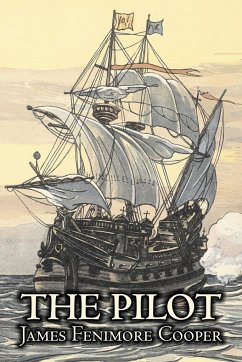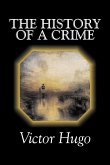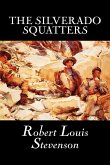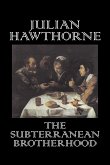James Fenimore Cooper (1789-1851), although brought up in privileged circumstances, became a merchant seaman and served for three years as a midshipman in the Navy. His knowledge of the sea would serve him well, in numerous novels through his long career. But it was in The Pilot that he painted the fullest and most engaging picture of the ocean-going adventurer. Cooper was prompted by the example of Sir Walter Scott's The Pirate -- a popular novel of merit, but "not strictly nautical, or true in its details." Scott's novel produced in Cooper "a sudden determination to produce a work which, if it had no other merit, might present truer pictures of the ocean and ships."








